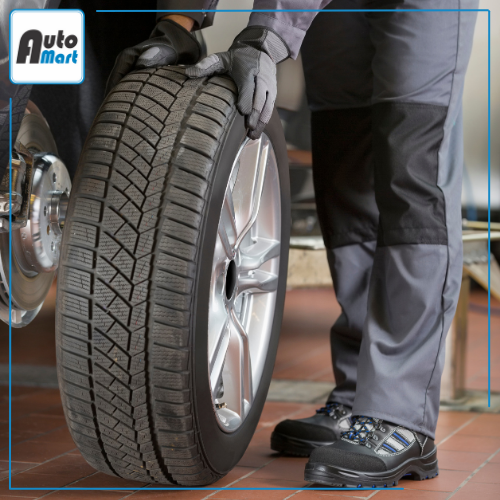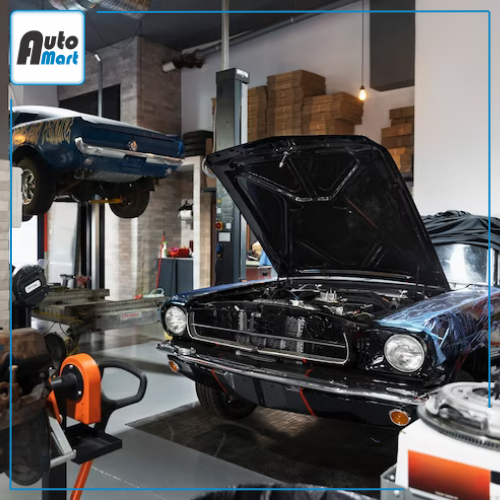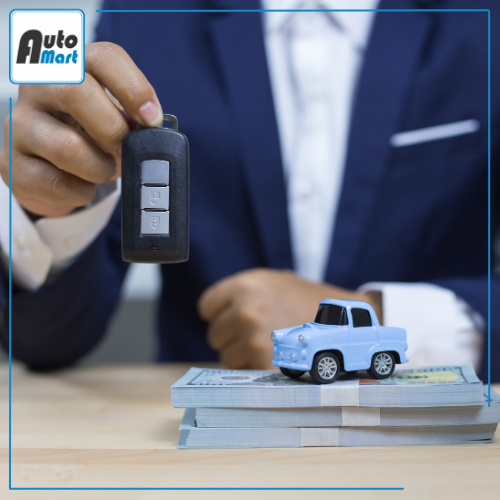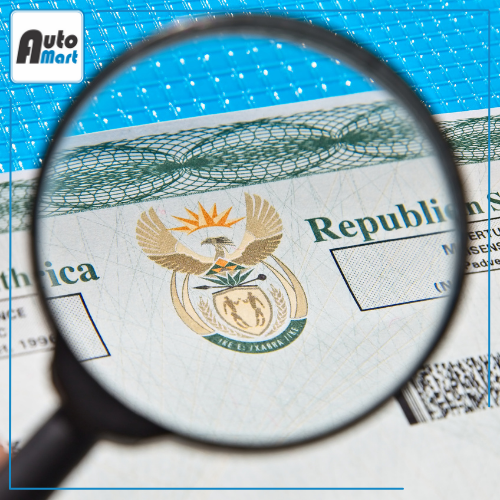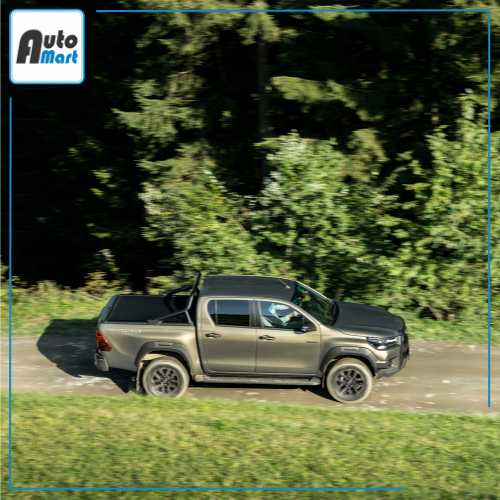Buying a car for the first time is one of the best and most memorable experiences. It signifies a coming of age and brings with it a level of independence and responsibility to most first-time car buyers.

One of the biggest pitfalls that first-time car buyers can often find themselves in is overspending. Because it's natural to get excited, some first-time buyers jump in feet first, only to find out that once a few months have passed and a couple of instalments have been paid, the car that they purchased is harder to afford than what was initially thought.
If you are looking to buy your first car, new or used, there is one key factor that should not be overlooked. Affordability. The remainder of this article will review the most important factors you should consider before buying your first car if you are not paying cash.
How much should you spend on your first car?
Affordability is the most important factor to consider when buying a new or used car. What you earn will ultimately guide your budget and the general rule of thumb is that you should not spend more than 20% of your total monthly income on your new ride.
Let's say you earn a net monthly income of R20 000pm. After tax and your other monthly expenses, you are left with an amount that is typically referred to as your disposable income. Your disposable income is what you can use to purchase a vehicle. In this instance, if you were left with R10 000 after tax and deductions, you could afford to spend around R4 000 on your new vehicle (20% of net income).
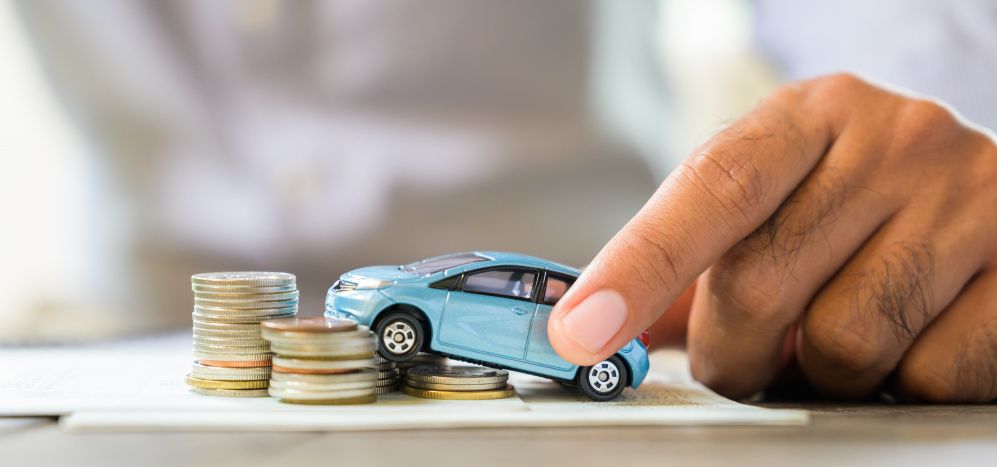
What else should I consider when buying a first car?
Now, before you go out and spend your R4 000 monthly budget on a new car, there are some other things you will need to include in your R4000 monthly budget.
- Insurance: Driving a car without insurance is a risk some people are willing to take, but the cost of replacing a car if you are on a budget will just set you back and will ultimately put you into debt. South Africa has many vehicle insurance companies that will be able to give you an indication of what you might have to pay based on your risk profile and the type of vehicle you want to buy. Rather drive a R3 000 per month vehicle that's insured vs a R4 000 per month ride that does not. Important note: When buying a new vehicle through a bank or other financial institution, you are required to have comprehensive insurance on that vehicle.
- Interest rate: What costs you R3 000 today might cost your R3 250 in a month's time. Interest rates on a vehicle can be fixed or they can be linked to the prime lending rate but this can fluctuate over time. Make sure you factor this in when you are making plans to buy a car.
- Finance terms: Are you taking finance and for how long? The longer the loan term the less the monthly payments will be but the long-term cost on your pocket will be more. The longer the term the more interest is paid.
- Monthly maintenance and running costs: Do your research and try to understand what it will cost to fuel and maintain your vehicle. If your car is new, your warranty or service plan might cover such costs, but it’s still important to do the research. If you are buying a pre-loved vehicle, then look into the service history or call a reputable mechanic to get an idea of what services could potentially cost you.
Buying a car for the first time is great. Just make sure at the end of the day that you can afford it and that it is not going to leave you stretched thin at the end of the month.
Find thousands of cars for sale on Auto Mart, South Africa’s biggest online automotive marketplace.
